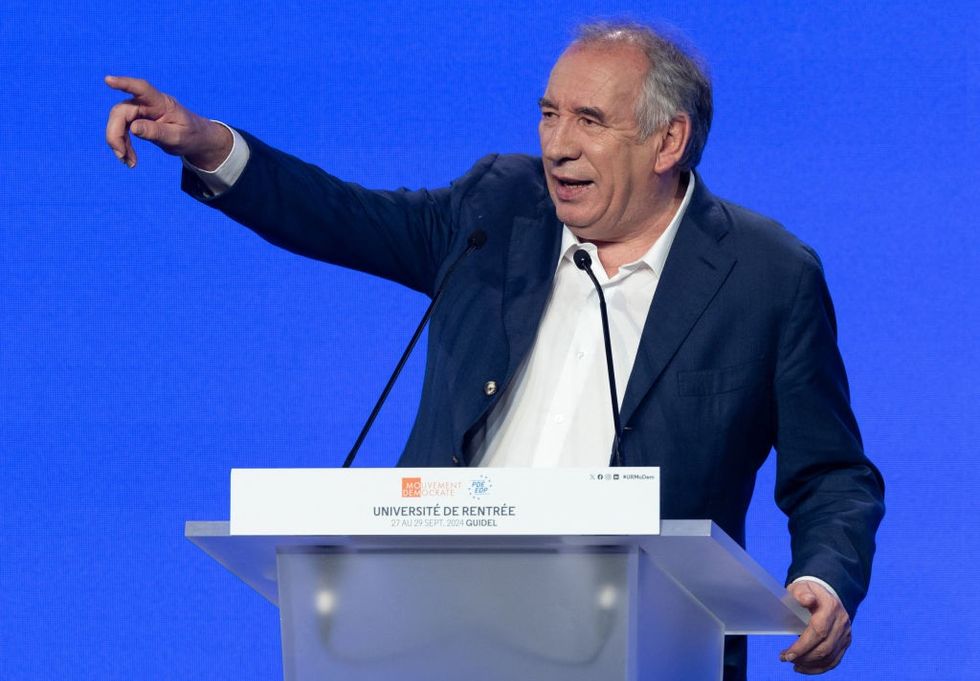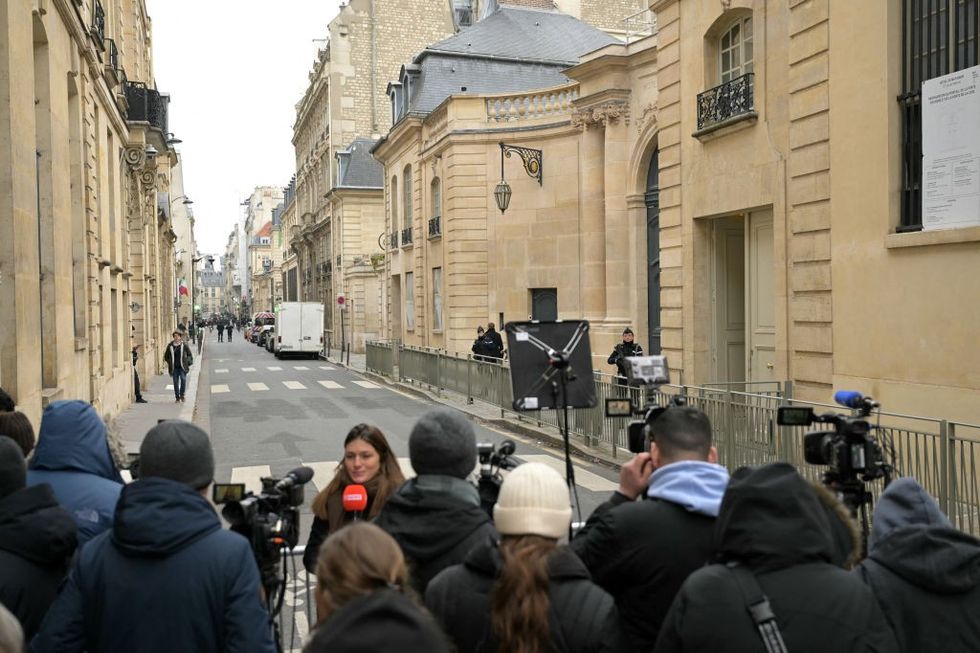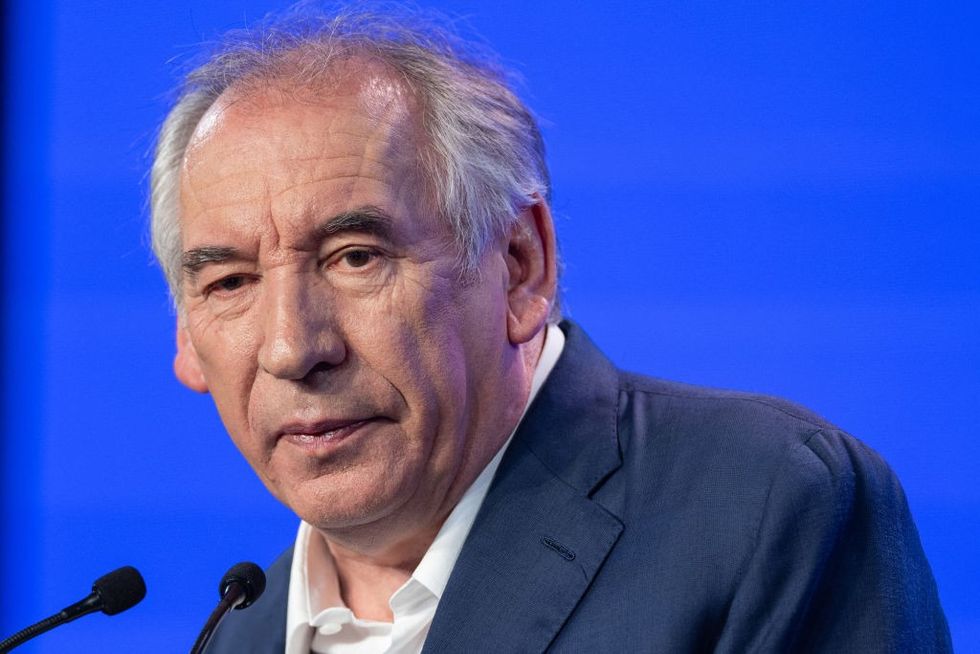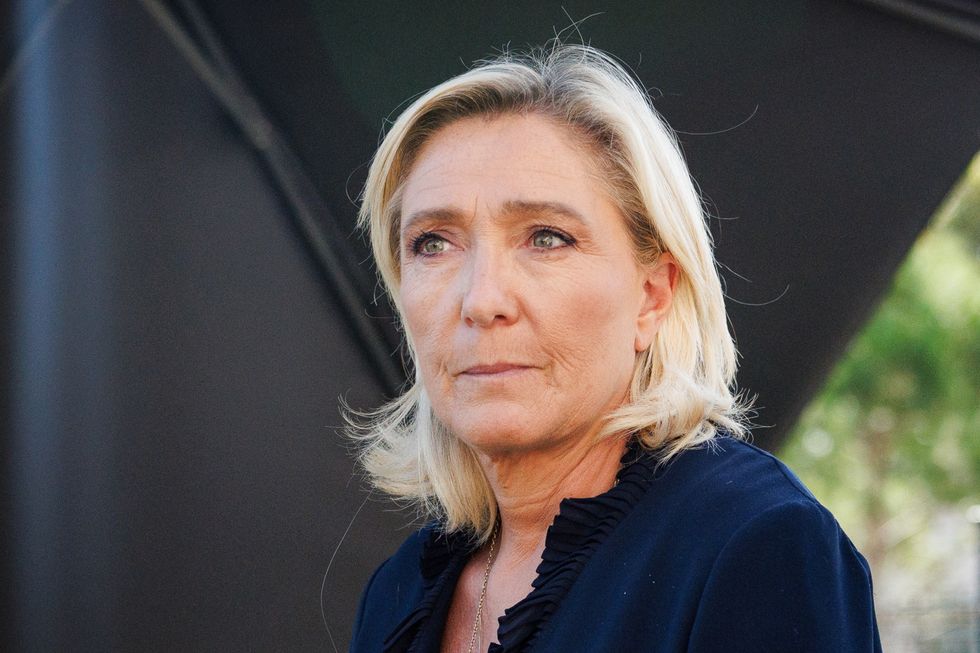George Bunn
Guest Reporter
François Bayrou has been named as the new French Prime Minister after months of political turmoil.
The 73-year-old is a mayor from the southwest of the country and leads the centrist MoDem party.
It comes nine days after French MPs ousted former Brexit negotiator Michel Barnier, with President Emmanuel Macron hoping to end the deadlock.
President Macron has already held talks with leaders from all the main political parties, with the exception of the hard-left France Unbowed (LFI) of Jean-Luc Mélenchon and hard-right National Rally of Marine Le Pen.


Three centre-left parties, the Socialists, Greens and Communists, have broken ranks with the harder-left LFI and took part in talks on forming a new government.
Whist Marine Le Pen has called for her party's policies on the cost of living to be taken into account by the incoming government, by building a budget that "doesn't cross each party's red lines."
Bayrou is expected to put forward his list of ministers in the coming days, but will likely face the same existential difficulties as Barnier in steering legislation through a hung parliament comprising three warring blocs. His proximity to the deeply unpopular President Macron will also prove a vulnerability among both the left and right wing MPs.
France's festering political malaise has raised doubts about whether Macron will complete his second presidential term, which ends in 2027. It has also lifted French borrowing costs and left a power vacuum in the heart of Europe, just as Donald Trump prepares to return to the White House.

Macron hopes Bayrou can stave off no-confidence votes until at least July, when France will be able to hold a new parliamentary election, but his own future as president will inevitably be questioned if the government should fall again.
Bayrou, the founder of MoDem party which has been part of Macron's ruling alliance since 2017, has himself run for president three times, leaning on his rural roots as the longtime mayor of the south-western town of Pau.
The new PM's first proper challenge will come early in the new year when lawmakers need to pass a belt-tightening 2025 budget bill.
However, the fragmented nature of the National Assembly, rendered nigh-on ungovernable after Macron's June snap election, means Bayrou will likely be living day-to-day, at the mercy of the president's opponents, for the foreseeable future.

Barnier's budget bill, which aimed for 60 billion euros in savings to assuage investors increasingly concerned by France's six per cent deficit, was deemed too miserly by the far-right and left, and the government's failure to find a way out of the gridlock has seen French borrowing costs push higher still.
Marine Le Pen's National Rally has warned that if the new prime minister is "Barnier with another face" it will not hesitate to bring him down.
Find Out More...
The 73-year-old is a mayor from the southwest of the country and leads the centrist MoDem party.
It comes nine days after French MPs ousted former Brexit negotiator Michel Barnier, with President Emmanuel Macron hoping to end the deadlock.
President Macron has already held talks with leaders from all the main political parties, with the exception of the hard-left France Unbowed (LFI) of Jean-Luc Mélenchon and hard-right National Rally of Marine Le Pen.


Three centre-left parties, the Socialists, Greens and Communists, have broken ranks with the harder-left LFI and took part in talks on forming a new government.
Whist Marine Le Pen has called for her party's policies on the cost of living to be taken into account by the incoming government, by building a budget that "doesn't cross each party's red lines."
Bayrou is expected to put forward his list of ministers in the coming days, but will likely face the same existential difficulties as Barnier in steering legislation through a hung parliament comprising three warring blocs. His proximity to the deeply unpopular President Macron will also prove a vulnerability among both the left and right wing MPs.
France's festering political malaise has raised doubts about whether Macron will complete his second presidential term, which ends in 2027. It has also lifted French borrowing costs and left a power vacuum in the heart of Europe, just as Donald Trump prepares to return to the White House.

Macron hopes Bayrou can stave off no-confidence votes until at least July, when France will be able to hold a new parliamentary election, but his own future as president will inevitably be questioned if the government should fall again.
Bayrou, the founder of MoDem party which has been part of Macron's ruling alliance since 2017, has himself run for president three times, leaning on his rural roots as the longtime mayor of the south-western town of Pau.
The new PM's first proper challenge will come early in the new year when lawmakers need to pass a belt-tightening 2025 budget bill.
However, the fragmented nature of the National Assembly, rendered nigh-on ungovernable after Macron's June snap election, means Bayrou will likely be living day-to-day, at the mercy of the president's opponents, for the foreseeable future.

Barnier's budget bill, which aimed for 60 billion euros in savings to assuage investors increasingly concerned by France's six per cent deficit, was deemed too miserly by the far-right and left, and the government's failure to find a way out of the gridlock has seen French borrowing costs push higher still.
Marine Le Pen's National Rally has warned that if the new prime minister is "Barnier with another face" it will not hesitate to bring him down.
Find Out More...